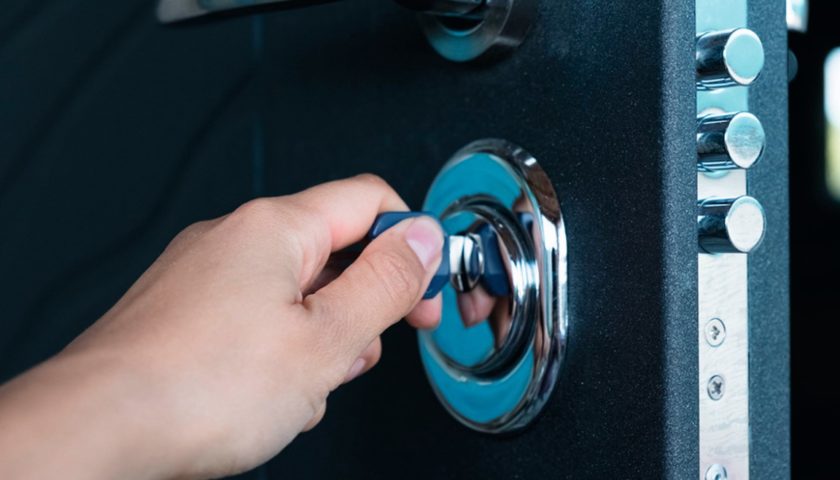Reaching out to kids and helping them find their place
By Ilan Preskovsky
If there is one thing that we, the South African Jewish community, often take for granted, it’s just how rare the relatively easy interactions that we experience between different kinds of Jews – be they secular, Chabad, religious Zionist, whatever – in our small, tightly-knit community really are. This fairly unique aspect of SA Judaism only really becomes noticeable once you venture out of our cosy borders and move into the much larger Jewish worlds of places like the United States and Israel.
Israel, in particular, is so fiercely divided between often subtly different factions that many South African olim find themselves caught in the middle of these sects; never really finding a place to belong. Nowhere is this more profoundly the case than with the youth and it is this particular challenge that Bnei Hashraah has been established to confront directly.
Founded eight years ago in Ramat Beit Shemesh by Andy Behr, a South African expatriate, Bnei Hashraah was a direct response to the shocking statistic that 20-40% of all English-speaking kids in this famously “frum” town move away from their Torah backgrounds; often precisely because they can can’t find a place for themselves in the religious culture of Israel. These kids and teenagers are, by and large, as Andy puts it: “Anglo-Charedi”, a stream of Orthodoxy from countries like South Africa and the UK that doesn’t fall into the Dati Le’umi (Religious Zionist/Modern Orthodox) camp, but isn’t Israeli-Charedi either.
While Anglo-Charedi boys may join Israeli-Charedi yeshivas or high schools, they often find themselves at odds, not just with their fellow students, but with their rabbis too, as these rabbis may preach views about non-Charedi Jews that are at odds with the inclusive atmosphere fostered by their upbringing. Moreover, their very reasonable desire to get a secular education and a job after school/yeshiva is met with resistance by those who believe such things are antithetical to a Torah life.
Though it’s certainly true that there are a great many reasons for young Jews to abandon their religion, Andy admits that this sense of “falling between the cracks” contributes overwhelmingly to kids in her community going “off the derech”. These young, impressionable Jews often feel neglected by the religious culture in which they find themselves and with so many other kinds of attractive lifestyle choices out there – reachable as never before, thanks to information technology – they see no reason to cling to a lifestyle and religion that, by all indications, doesn’t particularly want them.
Though it would later deal head-on with such problems, Bnei Hashraah was founded by Andy for more personal and humble reasons. Andy noticed that her own son, who was always studious by nature, was quickly losing any and all interest in Torah study as he found the “dry, black and white” Talmud classes to be without any real relevance or resonance to his own life – this in stark contrast to the maths and science classes that he was taking at the same time.
Andy’s solution to her son’s growing indifference ended up being the core basis of Bnei Hashraah. Taking her son out into the world and showing him, for example, a young seedling growing into a tree and how that relates to the various agricultural laws in the Torah, gave him all new levels of appreciation for what he was studying. Taking this approach of “experiential Judaism”, Andy soon applied it to a summer camp for a few other boys in Ramat Beit Shemesh facing similar challenges and, within just a few years, the programme had grown from a camp for just over a dozen boys into something that has touched over 2 000 Anglo-Charedi Jewish kids in the area – now including girls with its sister programme, Bnos Hashraah – with programmes that run on a weekly basis.
Employing a number of top-drawer rabbis and educators, both Bnei and Bnos Hashraah work on “doing kiruv on kids who are already frum” by giving them a rich experience of Jewish life; the kind that you can only find in Israel, where visits to historical Jewish locations are only a bus-ride away and students from prestigious yeshivas, like the Mir Yeshiva, can mentor them. It gives the once-alienated Anglo-Charedi youth a religious place to call their own and is something of a revolution in Torah education that draws on the religious and cultural richness of Israel to bring Judaism to life as never before.
For more information, visit: https://www.bneihashraah.com




